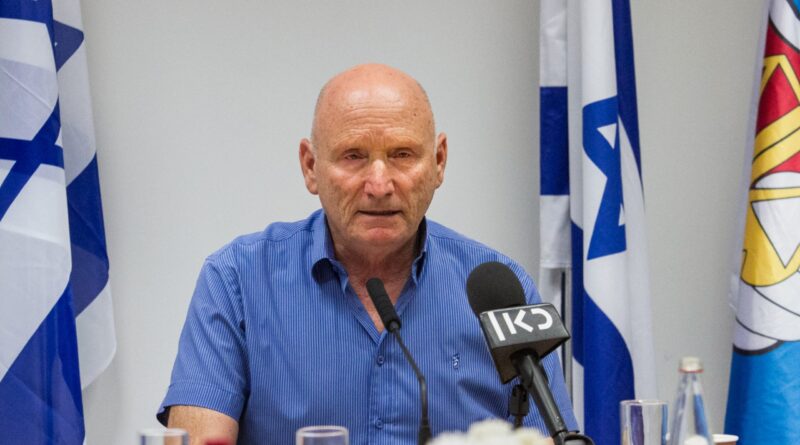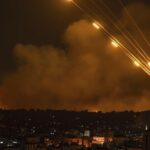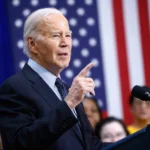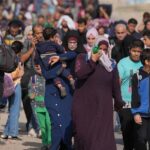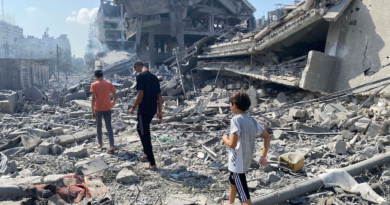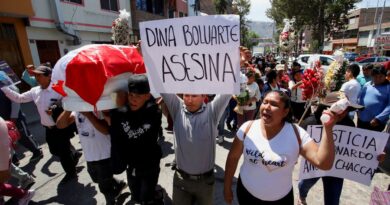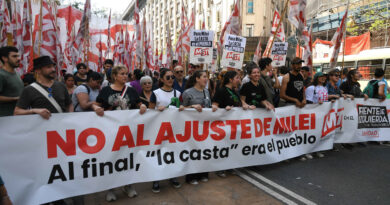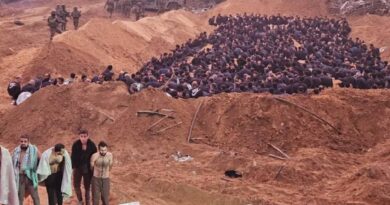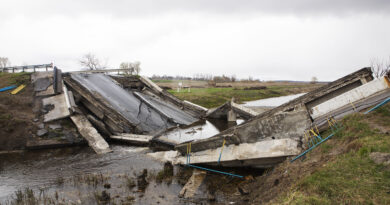The general who prophesied the Hamas attack and does not want to enter Gaza
EUGENIO GARCIA GASCON
So far, Benjamin Netanyahu has met with Yitzhak Brick on two occasions. Until now, Brick was an obscure reserve general already in years, in November he will turn 76, who has suddenly become perhaps the most media personality in Israel, for whom everyone is fighting to interview him. The prime minister's detractors, who are legion, claim that Netanyahu is afraid of entering Gaza and is using Brick to protect himself from those who reproach him for three weeks later having still not sent his ground army to the Gaza Strip.
Brick has become a first-rate strategist, since he anticipated that the army was not prepared to face a situation like that of October 7. Furthermore, he predicted that when the attack came, Israelis residing in the south of the country would have to defend themselves, since the soldiers would arrive too late. Of the 1.400 Israelis who died in just a few hours, just over 300 were soldiers, the rest were civilians, although the majority had gone through the prolonged three-year military service.
Israelis see Brick as a kind of prophet. For years he has proclaimed a series of prophecies that have come to pass, although his comrades-in-arms never seriously considered them. Like a new Cassandra, he warned day after day that the army was poorly prepared for war, but no one paid attention. The great military strategists considered it a fly that bothered them a little, but they did not have a minute to deal with it.
Among its various theses, all very simple, the one that stands out today is that the powerful Israeli Army would not be capable of carrying out a land invasion of the Strip as necessary. The central reason on which Brick supports his words is that Hamas has basically had many years to create a complex network of tunnels of hundreds of kilometers from which the militants will destroy tanks and armored vehicles and cause a large number of deaths among the soldiers.
This thesis has been like a lifeline for Netanyahu, who has focused on causing the greatest possible destruction to civilian buildings in Gaza City and other locations, especially in the north of the Strip. As long as the planes carry out this task without any risk, no soldiers will die, but if the troops enter, no one knows what may happen. The militants are urging the army to move in, causing further fear among decision makers, including Netanyahu.
In each of the conflicts, Hamas has demonstrated an enormous capacity for resilience, adapting to the needs of each moment. What's more, in each war he has shown that his military capacity has developed a little more. The October 7 attack is just another example of this. It would not be logical to think that after an operation that has required preparation of this caliber, the militiamen are not now ready to face an army invasion. That's what Brick says and surely what Netanyahu fears.
Furthermore, according to Brick, thousands of Israelis will die if a war breaks out on multiple fronts, referring especially to the Lebanon front, where the Hezbollah militias are located. In an interview with the Maariv newspaper, the general warned political leaders that simply putting soldiers into the Strip would send them into a fatal trap, and could result in a crushing defeat.
In a 270-page report he wrote in 2018, for which he interviewed thousands of officers and soldiers, General Brick brought together a whole string of defective preparations by the Ministry of Defense. In his opinion, the army has suffered a process of marked deterioration, especially in recent years. Many of the problems he observed were logistical, technological and operational, and in his words they were partially corrected. But he also pointed out that the main problem was organizational, which is based on a culture of lies and cover-ups, and that it would be deeply rooted in the Israeli military class.
Does this problem have a solution? The general-prophet proposed the creation of a commission to investigate this structural problem and put an end to the prevailing policy of silence, with which the officers of all units cover it up and protect themselves. The problem, among other things, means that military leaders cannot make wise decisions, and the same thing happens with the political class.

